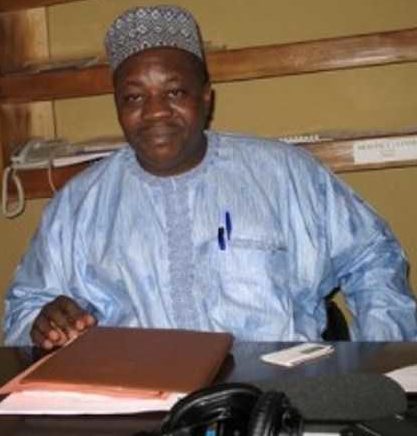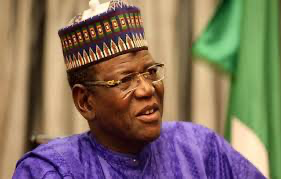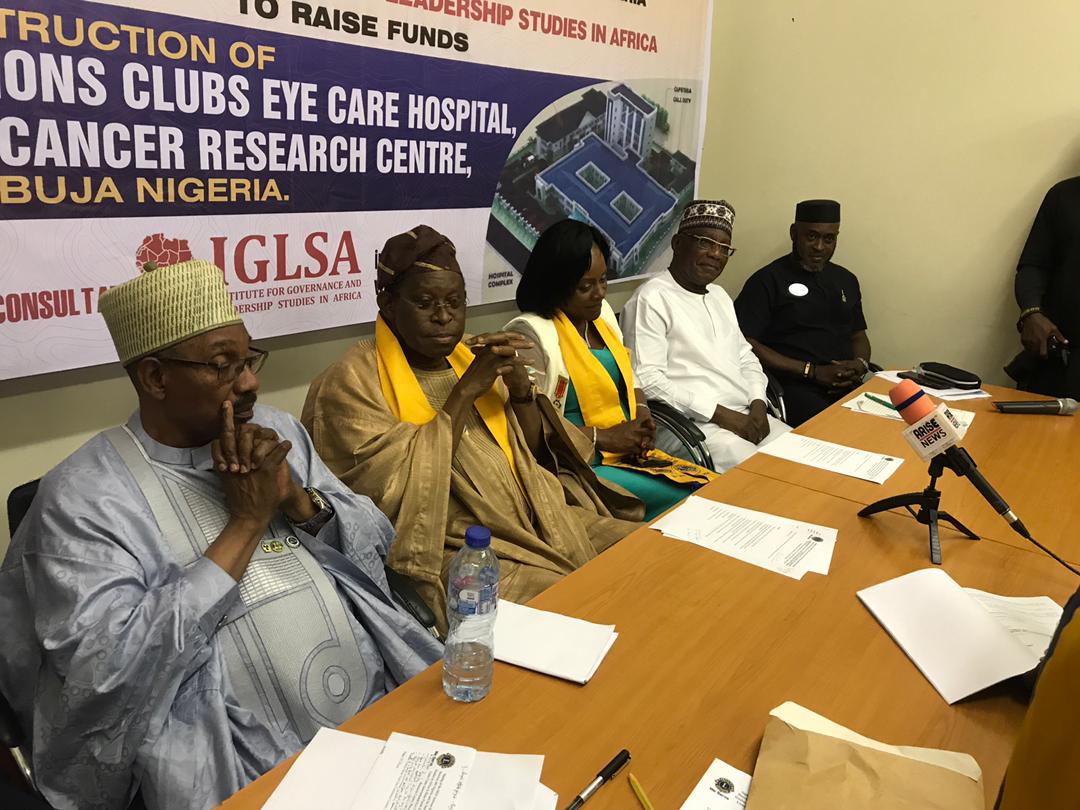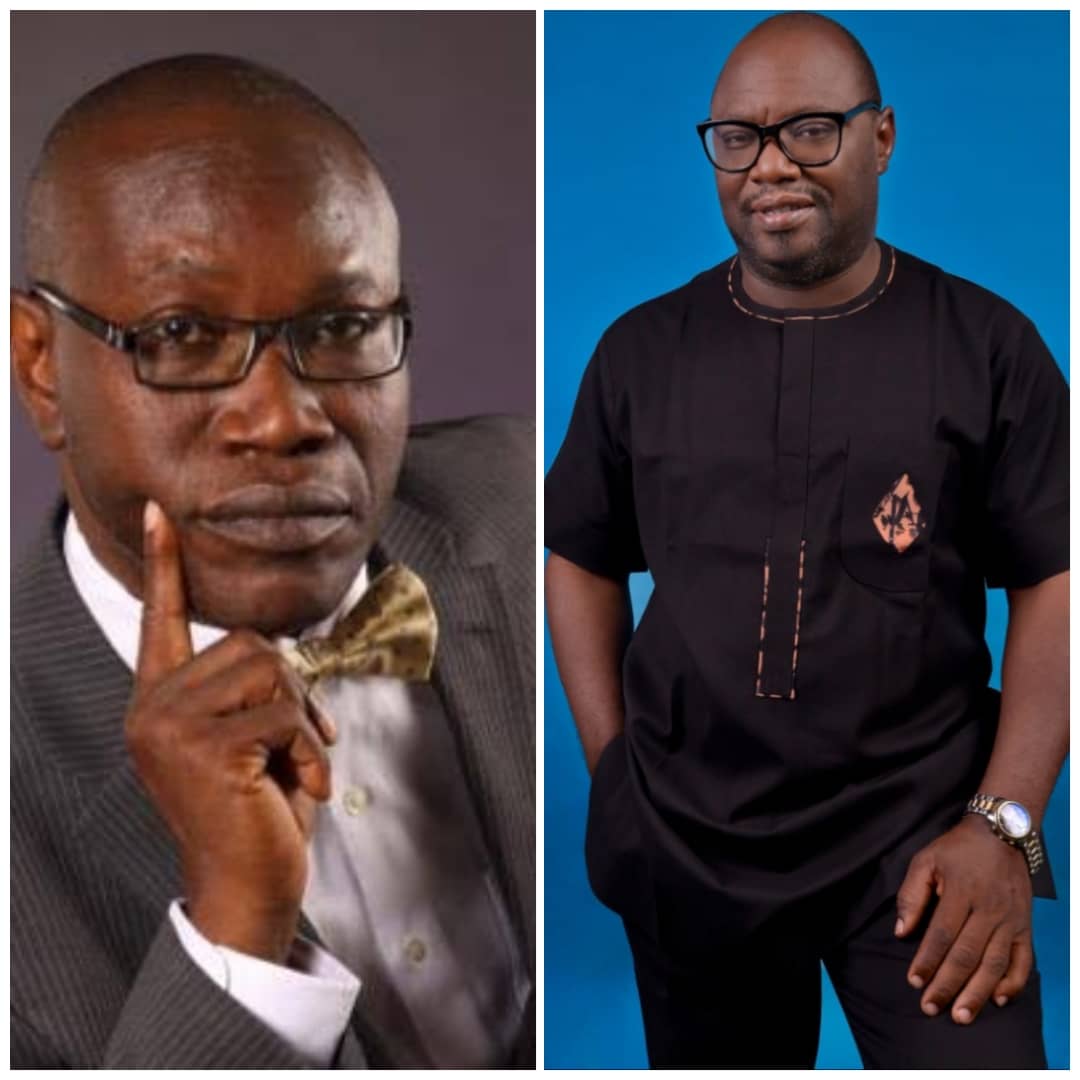Padding as Parliamentary Criminality 101 , By Jibrin Ibrahim
This week, I’m recycling a title I first used in this column in 2016 following Abdulmumin Jibrin’s revelations about padding in the National Assembly. The then Chairman of the House Committee on Appropriation had revealed the cess pool of mega-corruption existing in the National Assembly. Mr. Jibrin alleged that the then Speaker, Dogara, his deputy Yusuf Lasun, Chief Whip Ado Doguwa and Minority Leader Leo Ogor attempted to pad the 2016 budget with about N40 billion. The only change since then has been the extraordinary spike in the amounts involved today we are speaking of trillions of naira.
Padding, in contemporary Nigerian English, refers to the exercise of legislative might to create new estimates for budgetary expenditure outside the estimates proposed by the Executive. The Constitution gives the Executive the power to propose budget estimates while the Legislature considers and approves them. The assumption is that estimates are based on national programmes and plans carried out by ministries, departments and agencies, which have information on revenues and have developed and costed projects that fit into the general plan. The National Assembly has however developed an attitude that since they approve the budget, anything they insert therein is legitimate and it is on that basis that padding, i.e. the insertion of projects that have been neither planned nor had their costs estimated, occurs. There are two forms of padding – the “corrective” and the criminal.
“Corrective” padding refers to an assessment made by the legislators that there is a lack of balance in the allocation of projects and they decide to design and add projects on their own, purportedly to correct the mistake. The problem however is that this “correction” becomes a devise to channel all sorts of poorly planned projects to their own “homelands”. Criminal padding on the other hand is the insertion of phantom projects in collaboration with like-minded MDAs with the intention of fraudulently collecting the amounts allocated and sharing the money. Both corrective and criminal padding make nonsense of governance because they create a huge divide between governmental programmes and the budget, which gets completely distorted by insertions and subtractions and empty it of its intended objectives.
Padding has a long history. In 2000, former President Olusegun Obasanjo refused to sign the budget passed by the National Assembly claiming it had been padded with about N2 billion added to the National Assembly budget. The president, at that time, also identified 15 other areas, which he said had not emanated from any MDA and had simply been inserted into the budget and therefore refused to sign. The National Assembly basically threatened to remove the president through impeachment and since Obasanjo succumbed to the blackmail, the amount of padding had been growing exponentially. Late President Yar’Adua also had the same problem when he refused to sign the 2008 budget due to excessive padding but eventually reached a modus vivendi in which the padding was reduced, not removed completely, before he agreed to sign. Since then, subsequent presidents have simply signed and shut up. BudgIT has calculated that 7,447 projects worth over 2 trillion naira were inserted into the 2024 budget. It is madness.
Oversight is the second sector that has been criminalised. The National Assembly has powers of oversight and review of the work of MDAs. It is for this purpose that parliamentary committees are constituted in parallel with governmental structures so that such committees can closely monitor the work of these offices and ensure that they operate in accordance with the principles of good governance and the interests of the citizen. Over the past few years, these committees have completely subverted their mandate by routinely blackmailing MDAs to pay them huge bribes using blackmail threats that they will reveal to the nation the criminality discovered in the said MDAs. Committees that have been acting in this way have directly copied the methods of the mafia and other criminal gangs that engage in research with the sole objective of extortion through blackmail. Of course, they are able to transform oversight into extortion precisely because there is a lot of criminality in the MDAs, which they then join rather than expose.
The third sector is that of constituency projects. The National Assembly has bamboozled successive presidents into accepting that each and every legislator has the right to a constituency project. The idea is to impress their constituents that they have brought projects to their home base. While in other jurisdictions, powerful legislators are able to influence the allocation of projects to their constituencies, the practice has been to do so through the party and through the executive. It is not normal that each legislator has his or her personal project. Their function is law-making and legislative oversight, not project design. The most worrying aspect of the issue however is that while the constituency projects are supposed to be carried out by MDAs, the legislators have been able to force their way to the execution stage by insisting that contracts for “their” project be given to companies that they bring. By personalising the process, a lot of the projects are actually not implemented and the monies are simply pocketed.
Maybe the most serious element of criminality in the National Assembly is the slush fund. Over the years, we have witnessed the emergence of a huge slush fund for the leadership of the National Assembly. The greatest secret in contemporary Nigeria is the detailed budget of the National Assembly. They became self-accounting and have been getting their allocation directly without having to go through the Ministry of Finance. They make their budget and spend it without any element of transparency and accountability. It was during the Jonathan Administration that the National Assembly budget, which had been growing since 2000 took a great leap forward. In 2011, the National Assembly increased its budget from about N120 billion to N232.74 billion. Since then, it has continued to grow,
The senator representing Cross River North, Agom Jarigbe, on Tuesday, revealed that some ranking senators received N500 million projects allocated for each of them in the 2024 budget. As he was about t present details, the Senate President cut off his microphone. He was supporting allegations of budget padding made against the Senate by the senator representing Bauchi Central Senatorial District, Abdul Ningi. Ningi was suspended for three months for his revelations. This is where it becomes very disturbing, because they are aware of the criminal nature of their acts, cover up is their approach and they are ready to deny duly elected members their mandate to represent their constituencies to cover up their actions. Senate President Akpabio for example has inserted 18 billion naira in the Ministry of Agriculture alone for his constituency. Senator Ningi is not allowed to wonder: “We had a budget of N28 trillion but after our thorough checks, we found out that it was a budget of N25 trillion. How and where did we get the additional N3 trillion from, what are we spending it for?”
We must save our legislature. The theory of representative democracy is constructed on the principle of the election of legislators by the people to represent them at the level of law making. It is this legitimacy derived from the electoral process that gives them the power to map and mould the views and concerns of citizens and constituents into public policy. When however, legislators put aside the public good and negotiate pecuniary benefits using their constitutional powers as a bargaining tool, they are abusing, rather than exercising, their powers of representation. The Nigerian National Assembly today has developed a fairly bad reputation with the public due to criticisms of their perceived selfishness and focus on excessive benefits to themselves. The circle must be broken. The budget is neither for the executive nor for the legislature. The budget is an instrument for the pursuit of the PUBLIC GOOD.




